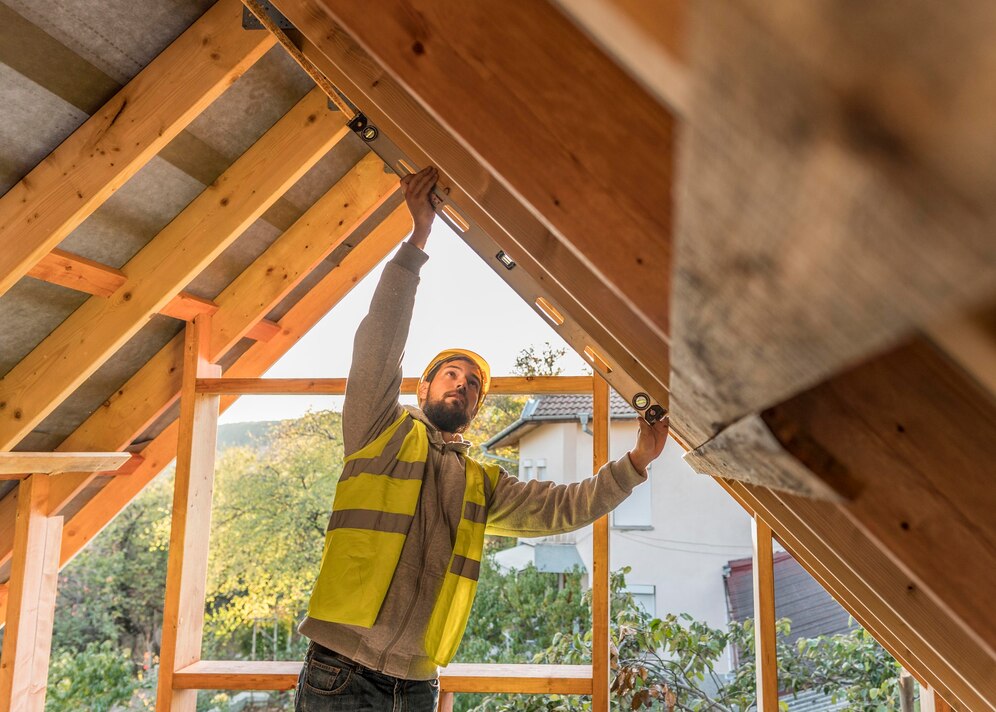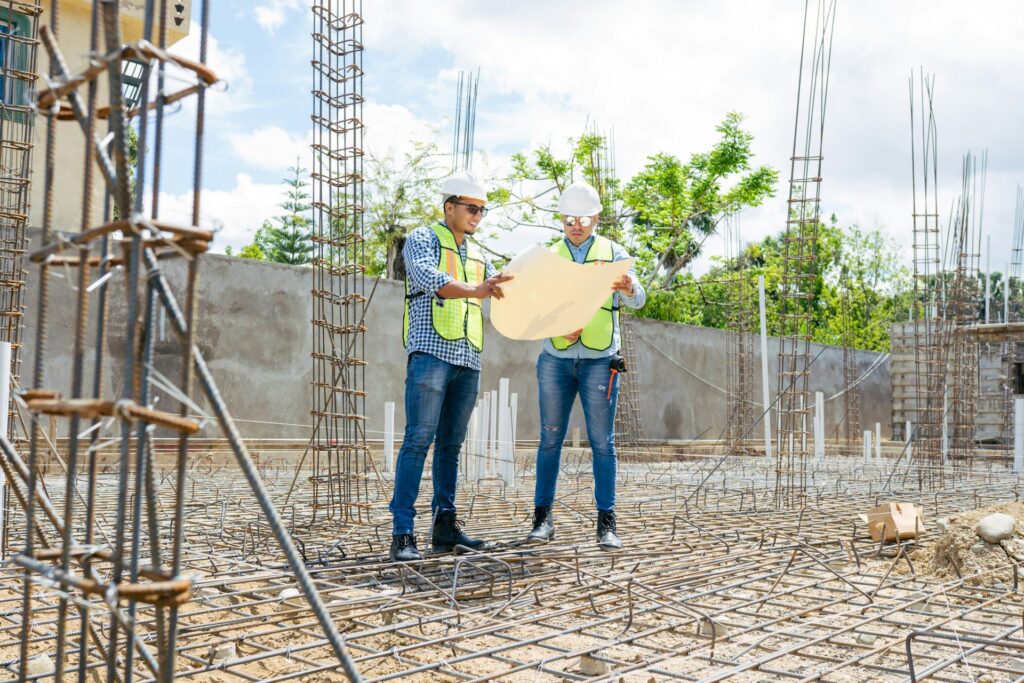House extensions can be an exciting way to add space and value to your home. However, the process often comes with its own set of challenges. From planning and budgeting to obtaining approvals and managing construction, each step must be carefully handled to ensure success.
Firstly, proper planning and budgeting are crucial. Without a clear plan, costs can quickly spiral out of control. It’s important to set a realistic budget and stick to it as closely as possible. Planning also involves design choices and understanding how the extension will blend with your existing home.
Getting the necessary building approvals and permits can also be a hurdle. Navigating the paperwork and understanding what is required can be time-consuming. However, it is a necessary step to ensure your extension meets all legal standards.
Managing the construction timeline is another common challenge. Delays can happen for various reasons, such as bad weather, supply issues, or unforeseen problems. Keeping the project on track requires good communication and problem-solving skills.
Finally, ensuring that the work meets quality standards is vital. Poor workmanship can lead to issues down the line. Inspecting the work regularly and addressing any problems immediately helps maintain high standards.
By understanding these challenges and being prepared, you can successfully manage your house extension project, turning your vision into reality.
Planning and Budgeting for House Extensions
Planning and budgeting are crucial steps for a successful house extension. Without careful planning and strict budgeting, you may face unexpected costs and delays.
Start by outlining your aims and needs. Consider why you want to extend and how the new space will be used. Create a detailed plan that includes design elements and how the extension will integrate with the existing structure. Consulting an architect or builder can help refine your plans and ensure they are practical.
Budgeting needs to be realistic. List all potential costs, including materials, labour, permits, and contingency funds for unexpected expenses. It’s wise to get multiple quotes from contractors to ensure you’re getting a fair deal. Make a detailed budget plan and stick to it. Tracking expenses throughout the project helps in staying within your budget.
Also, consider the long-term financial impacts. Extensions can add value to your home, but the initial costs should be manageable. Ensure that the financial side is secure and that you have enough funds to cover the project without straining your finances.
Navigating Building Approvals and Permits
Getting the necessary building approvals and permits is a vital step in your house extension project. Failing to secure these can lead to serious legal consequences and project delays.
Start by contacting your local council to understand the specific requirements for your area. Each council has its own set of rules and regulations that must be followed. You will need to submit detailed plans of your proposed extension, often prepared by an architect or builder. These plans should comply with local building codes and zoning laws.
Prepare to fill out application forms and provide supporting documents like site plans, building specifications, and any required environmental assessments. The council will review these documents to ensure your project adheres to all regulations.
Be ready for an inspection process. Council inspectors may visit your site to ensure the ongoing work meets the approved plans and local standards. Any violations or deviations from the approved plans can result in fines or even a halt to the project.
Schedule your permit applications well in advance to avoid delays. Building approvals can take weeks or even months to process, so it’s essential to factor this time into your project timeline.
By properly navigating the approval and permit process, you can ensure your extension is legally compliant and ready to proceed without hitches.
Managing Construction Timelines and Delays
One common hurdle in house extensions is managing construction timelines and dealing with delays. Unexpected issues are almost inevitable, but good planning can minimise their impact.
First, set a realistic timeline for your project. Discuss with your builder and create a detailed schedule that outlines each phase of the work. This should include milestones for major tasks like foundation work, framing, roofing, and finishing.
Communication is key. Maintain regular contact with your builder to stay informed about progress and potential issues. Regular site visits can help you understand what’s happening and address any problems early. Clear communication helps resolve issues quickly before they escalate.
Be prepared for delays caused by weather, supply chain issues, or unforeseen problems. Plan for these by adding a buffer to your timeline. Having a contingency plan helps manage expectations and keeps the project on track even when things go wrong.
Tracking progress against the schedule is essential. Regular updates help identify any lagging areas that need attention. Adjusting the plan as needed ensures the project moves forward smoothly.
Ensuring Quality and Meeting Standards
Ensuring that your house extension meets quality and safety standards is crucial to its success and longevity. Poor quality work can lead to costly repairs and legal issues down the line.
Start with choosing the right builder. Look for a reputable builder with a track record of quality work. Check references and reviews to ensure they meet high standards. A good builder will use quality materials and adhere to building codes.
Conduct regular inspections. Visit the site at key stages of the construction process to make sure the work is up to standard. If you notice any issues or shortcuts, address them immediately with your builder.
Use a checklist to ensure all aspects of the build meet required standards. This includes foundation work, structural integrity, electrical and plumbing installations, and finishing touches like plastering and painting.
Hiring an independent inspector can also be beneficial. They provide an unbiased assessment of the work and ensure all building codes and standards are met. Regular inspections help catch potential issues early, allowing for corrections before they become major problems.
By paying close attention to quality and standards, you ensure your house extension is built to last, providing a safe and comfortable space for years to come.
Conclusion
Overcoming common challenges in house extensions involves careful planning, effective management, and attention to quality. By setting a realistic budget, navigating the building approval process, managing timelines effectively, and ensuring high standards, your house extension project can be a success. Each phase of the project requires dedication and attention to detail to avoid pitfalls and ensure the final result meets your expectations.
House extensions are a significant investment. They can add valuable space and increase the value of your home when done correctly. Start your house extension project with confidence by focusing on these essential aspects.
If you’re ready to take the next step in your house extension journey, Sunset Construction is here to help. Our experienced team in Perth can guide you through the entire process, ensuring your project is completed to the highest standards. Contact Sunset Construction today to turn your house extension dream into reality.






